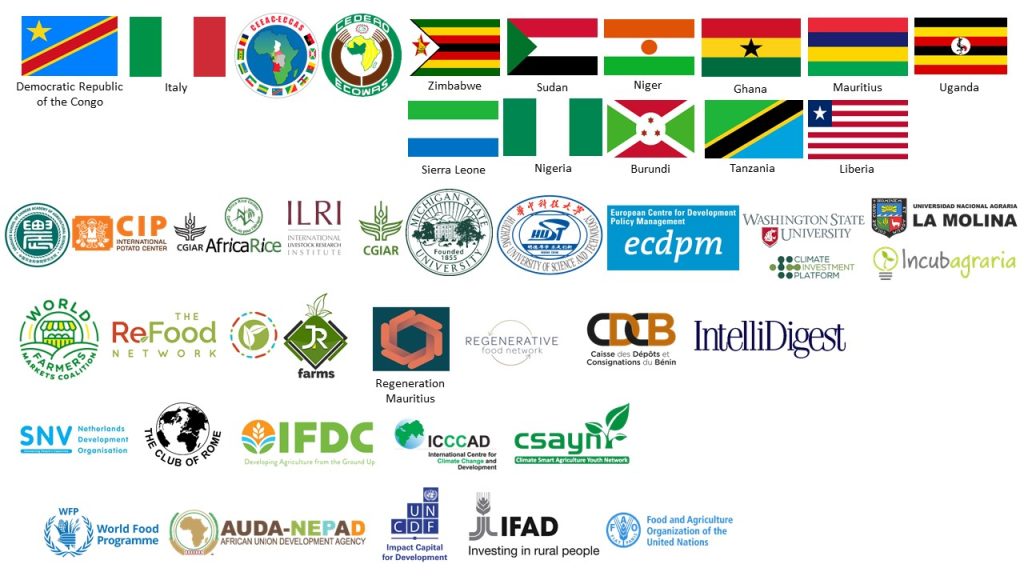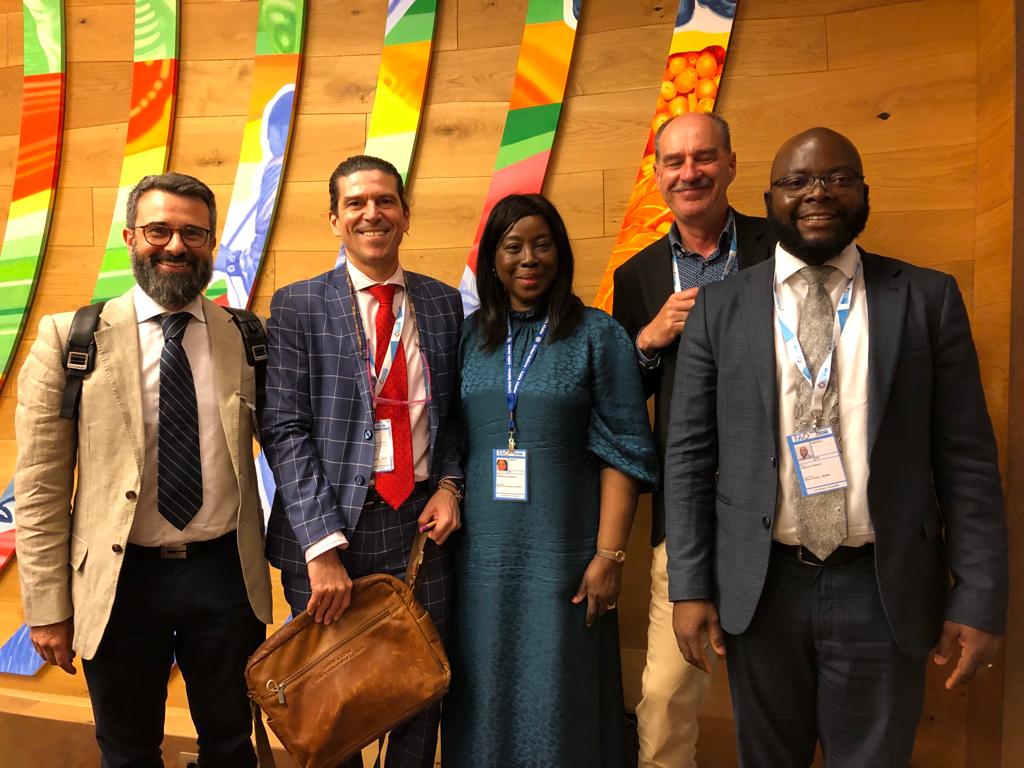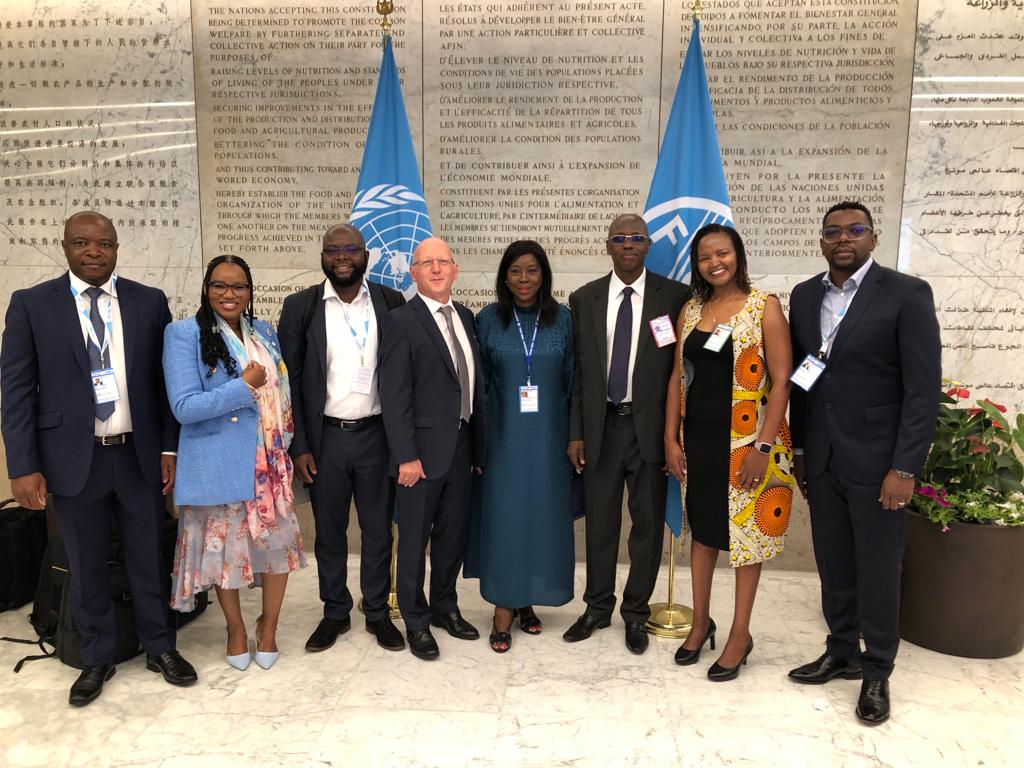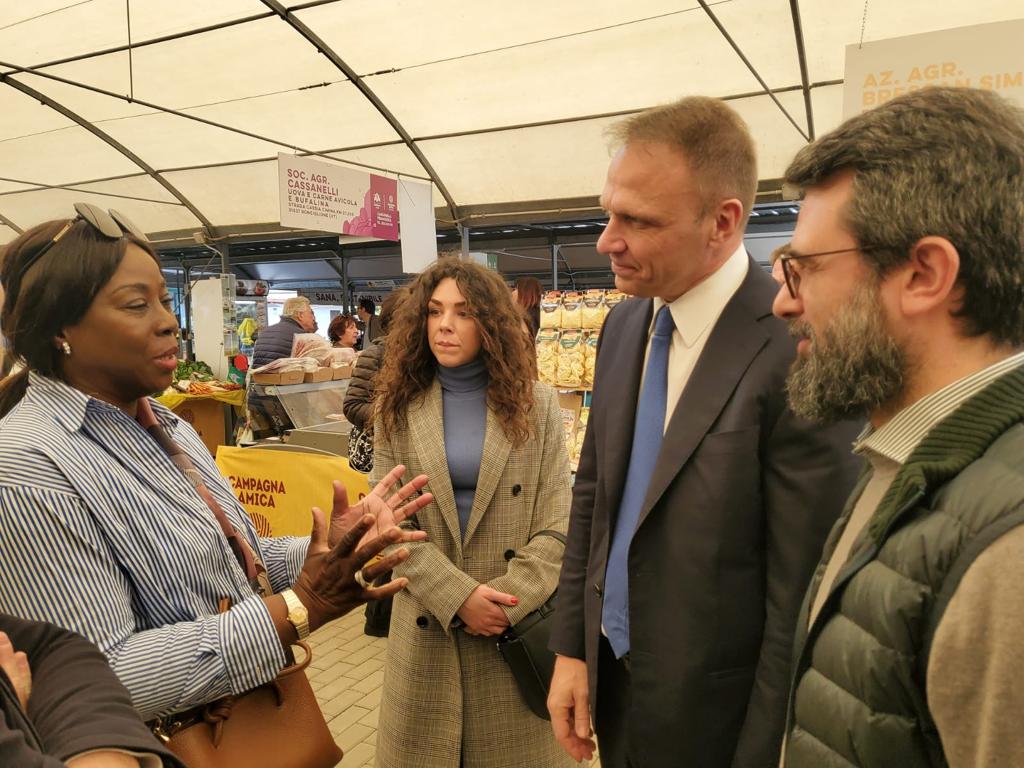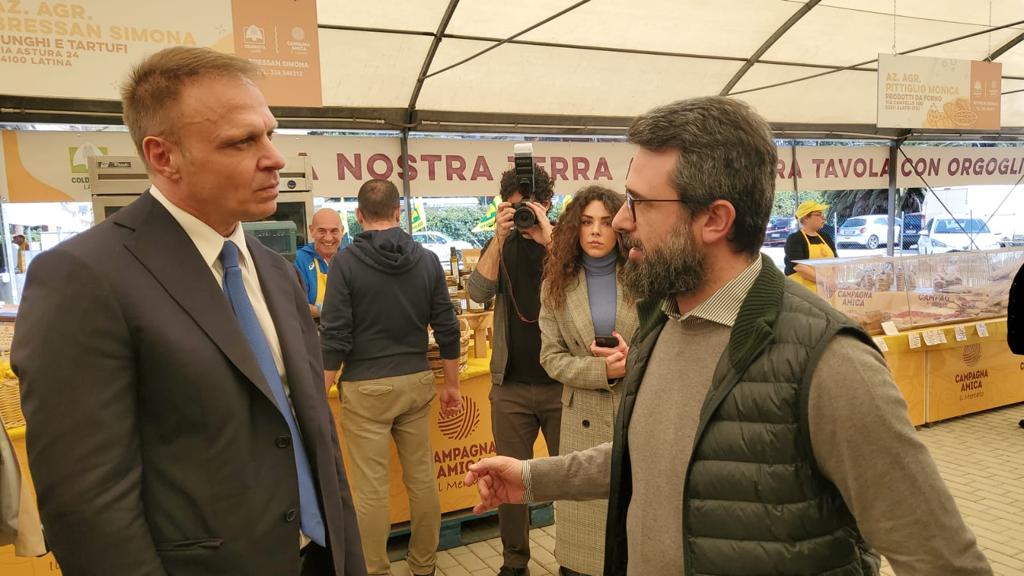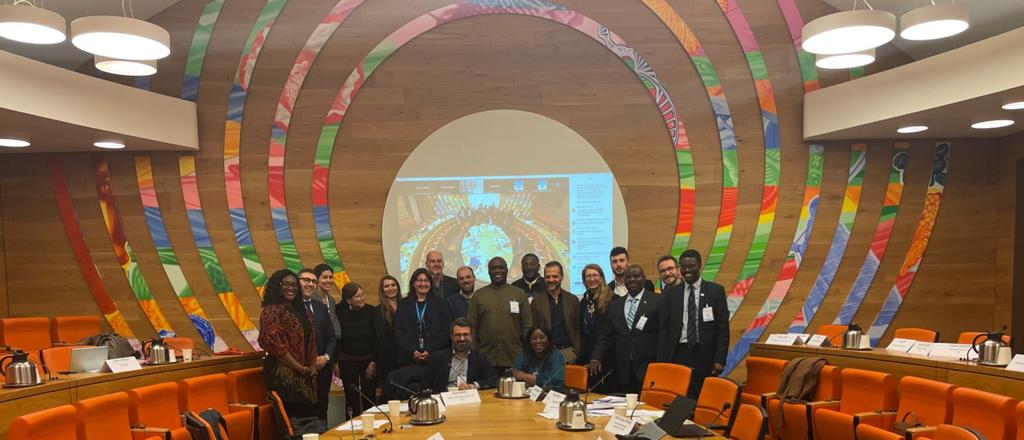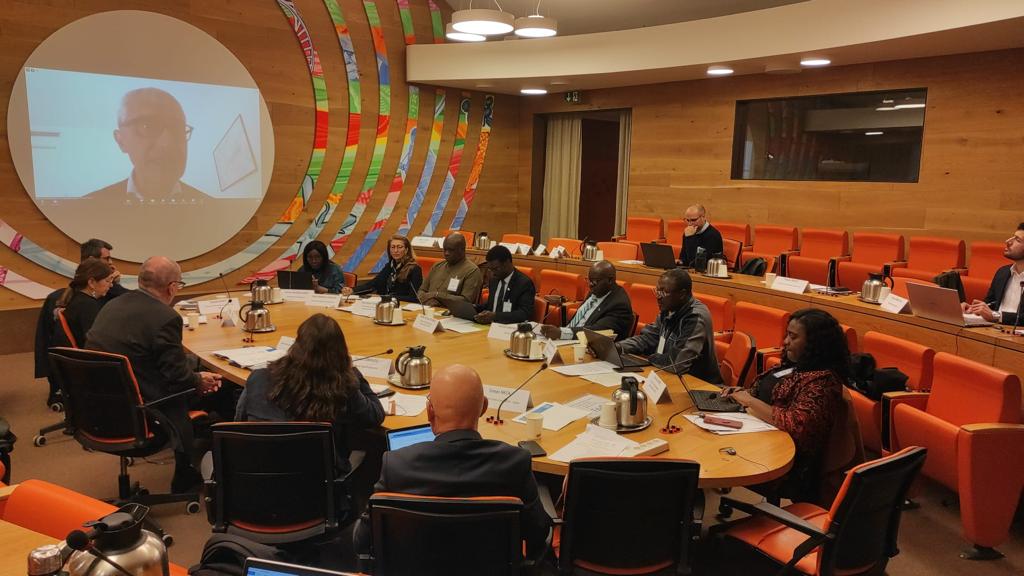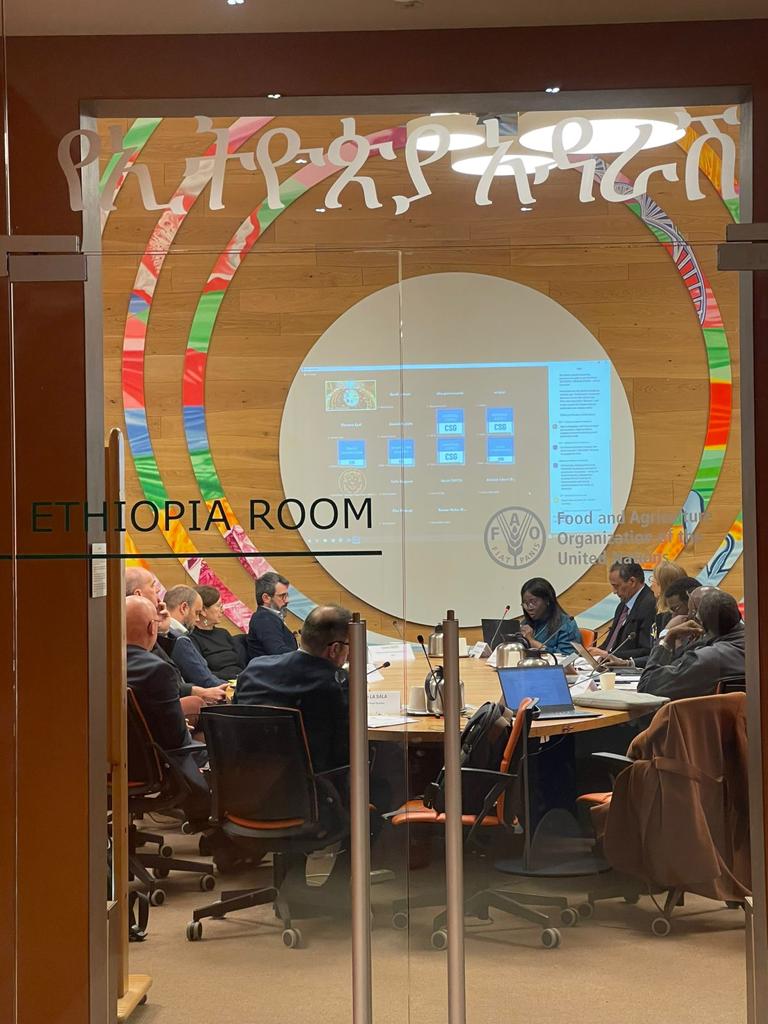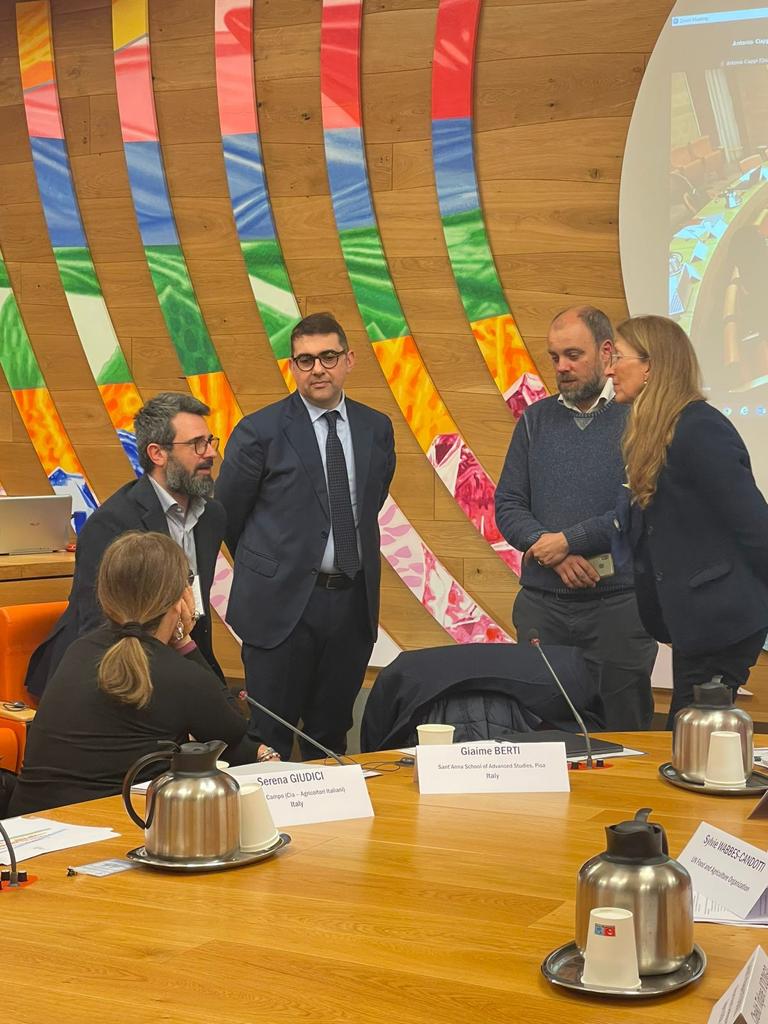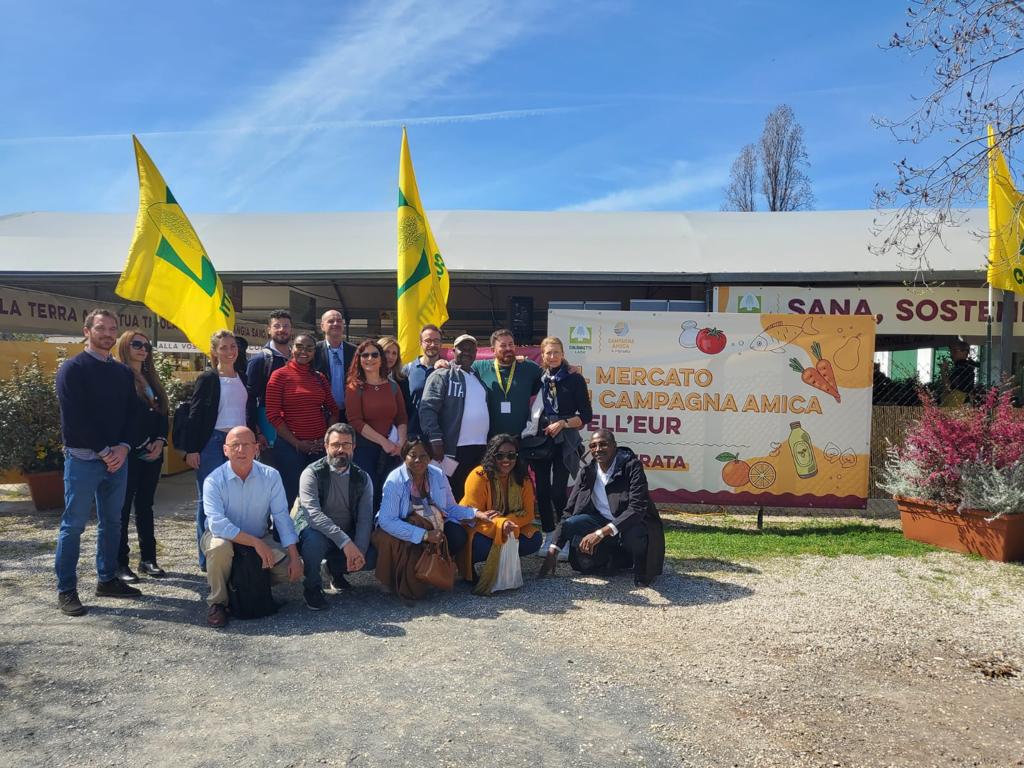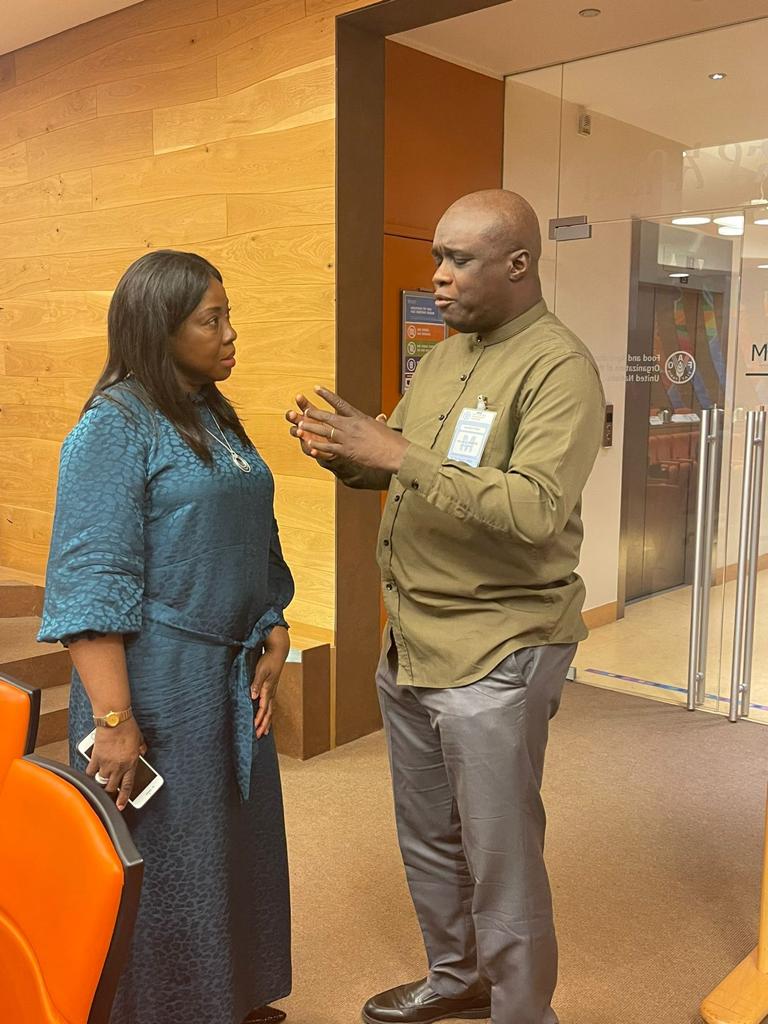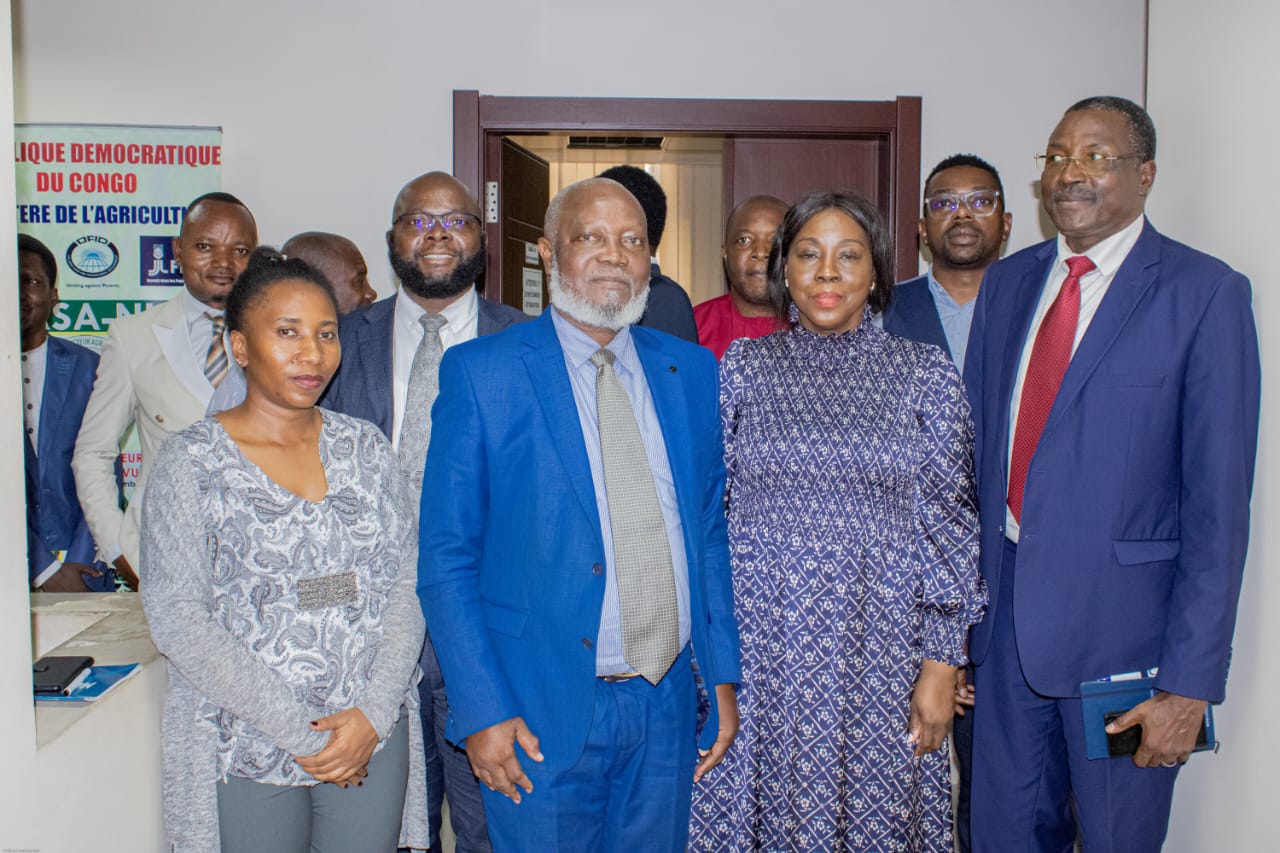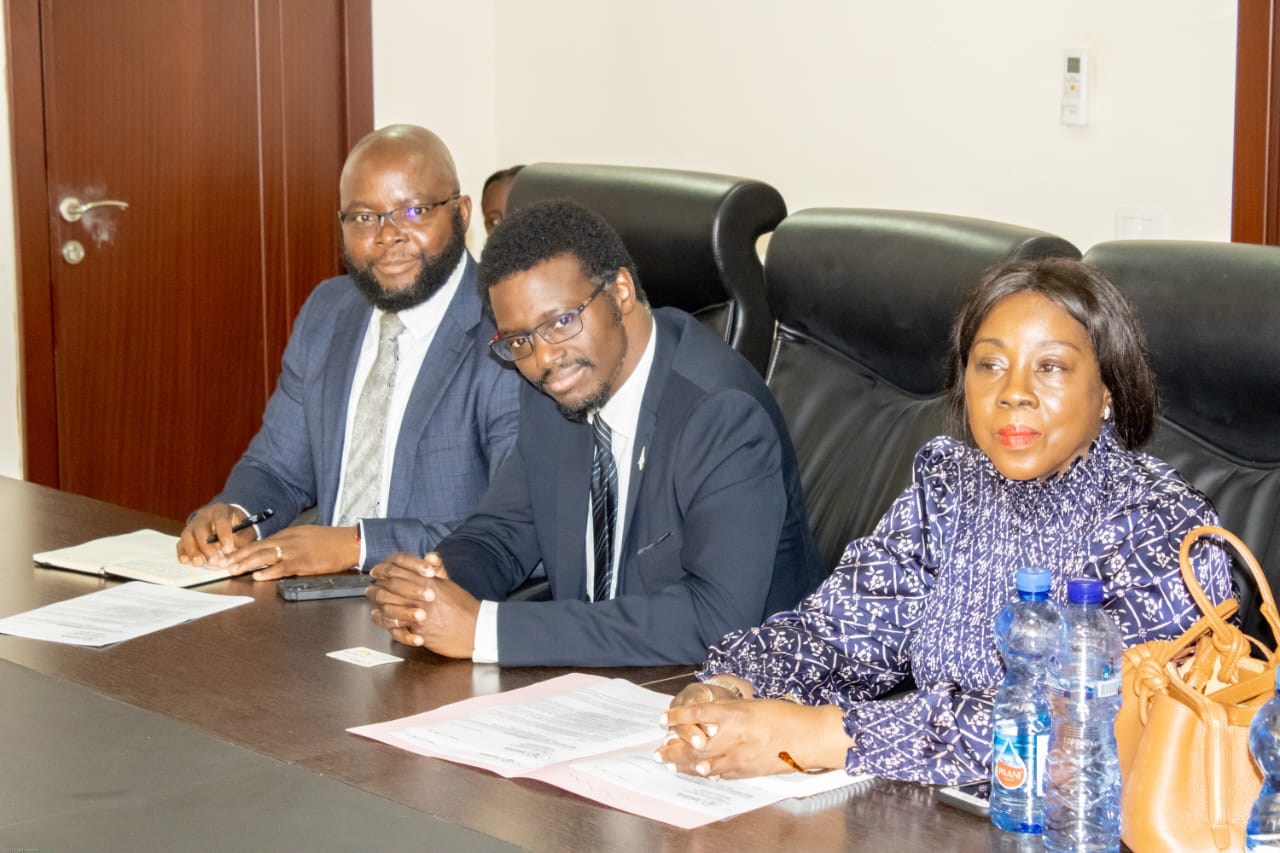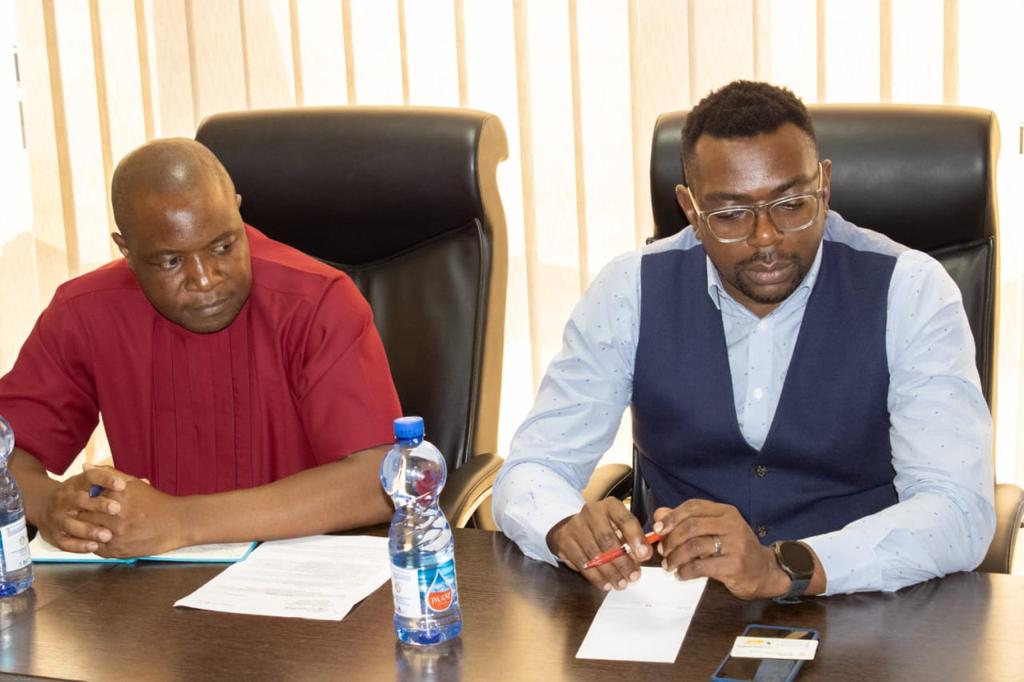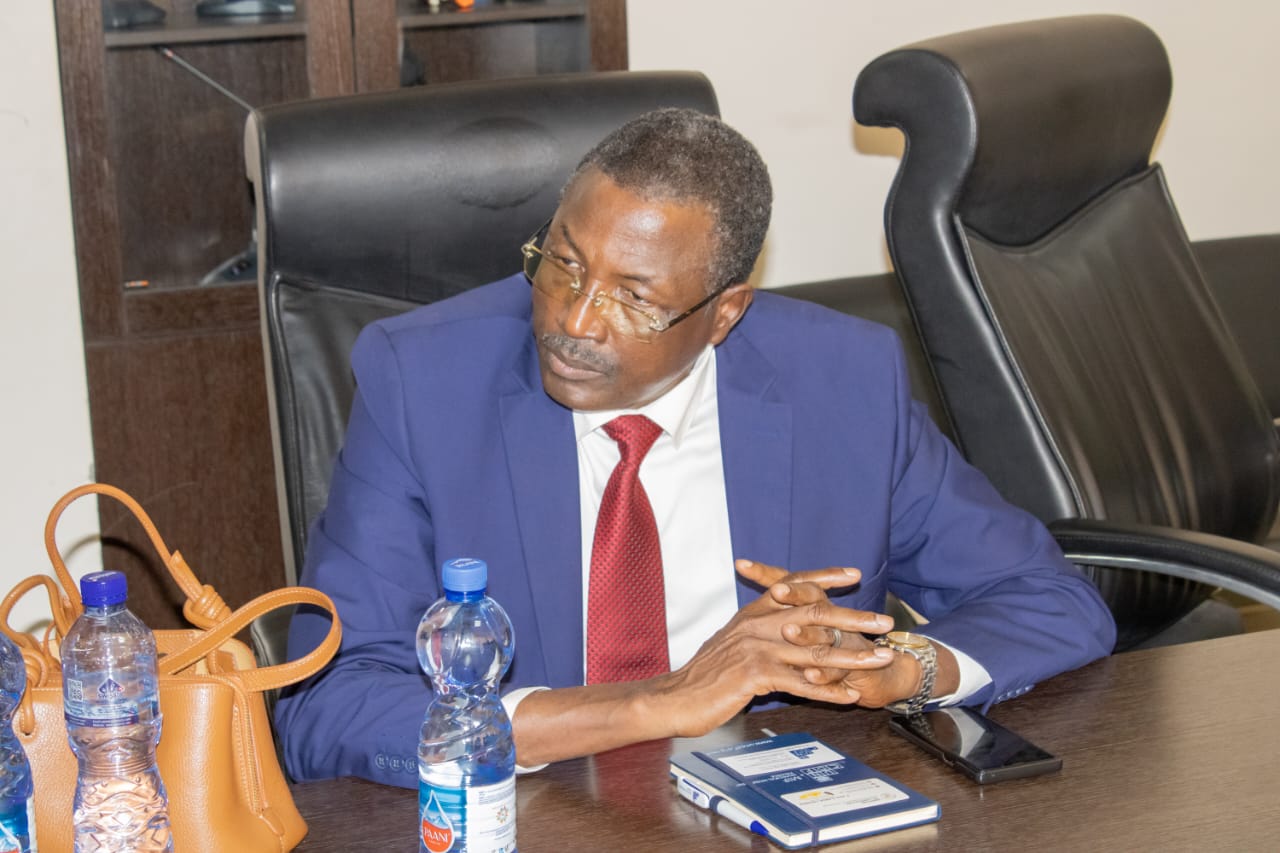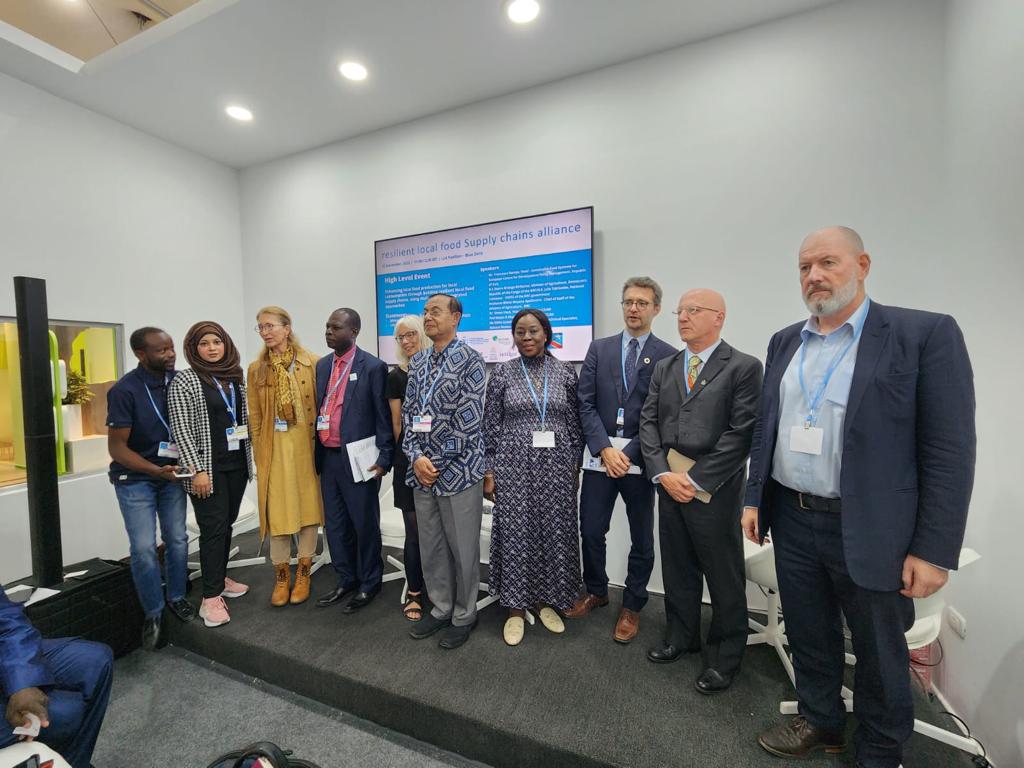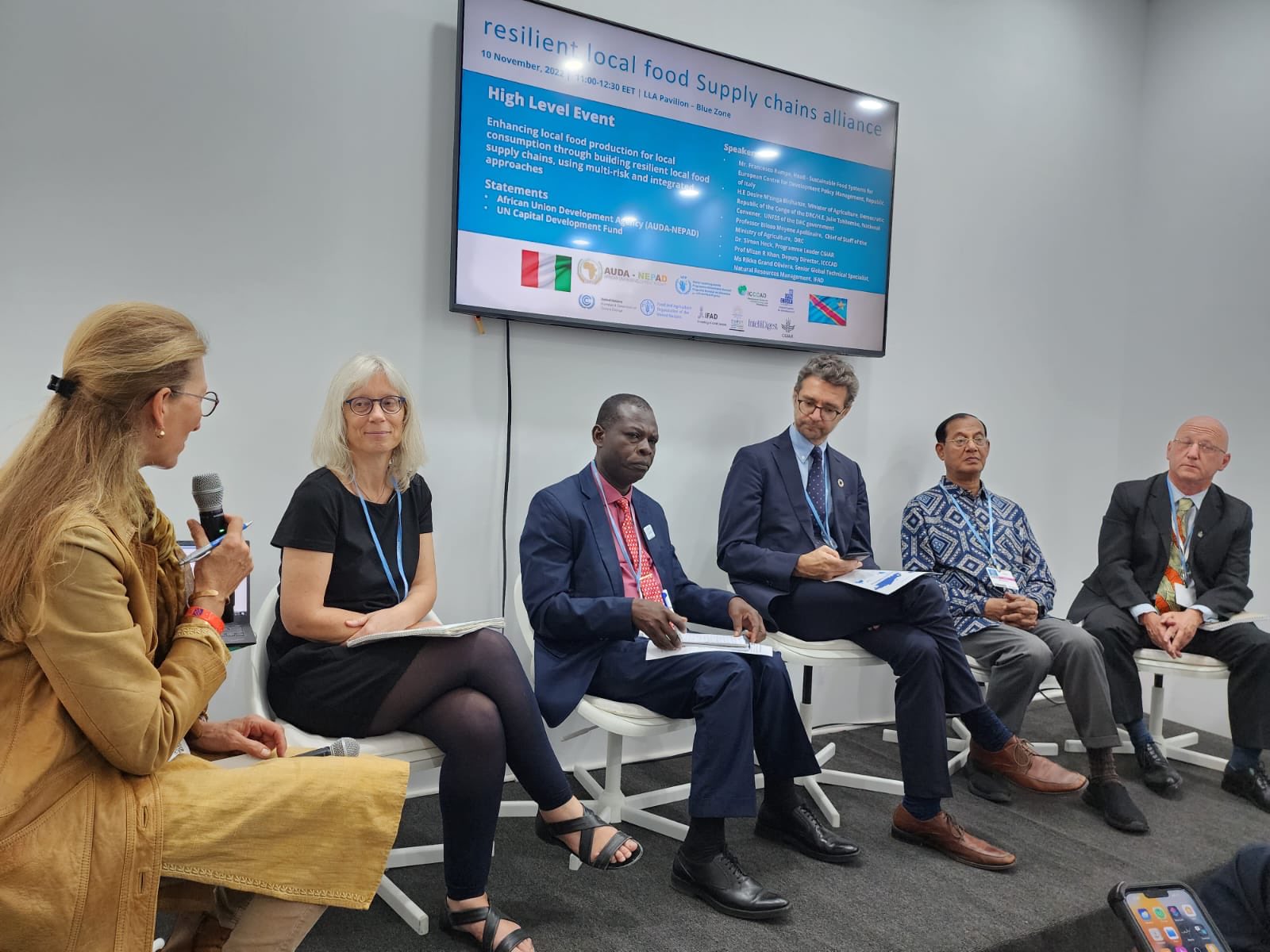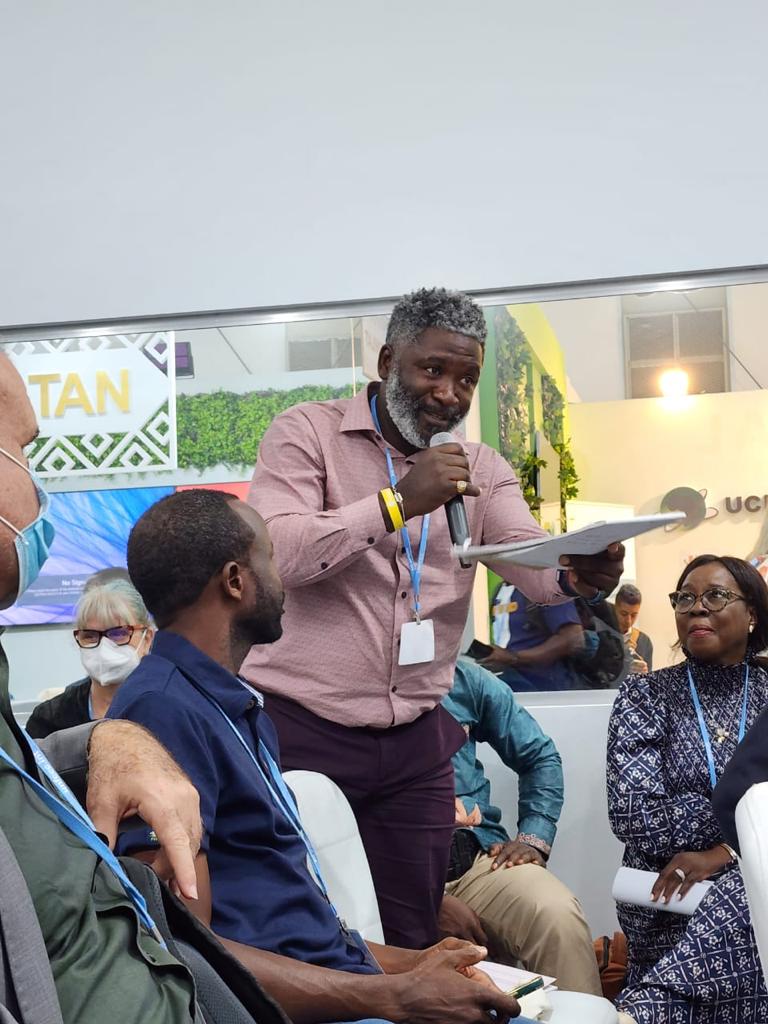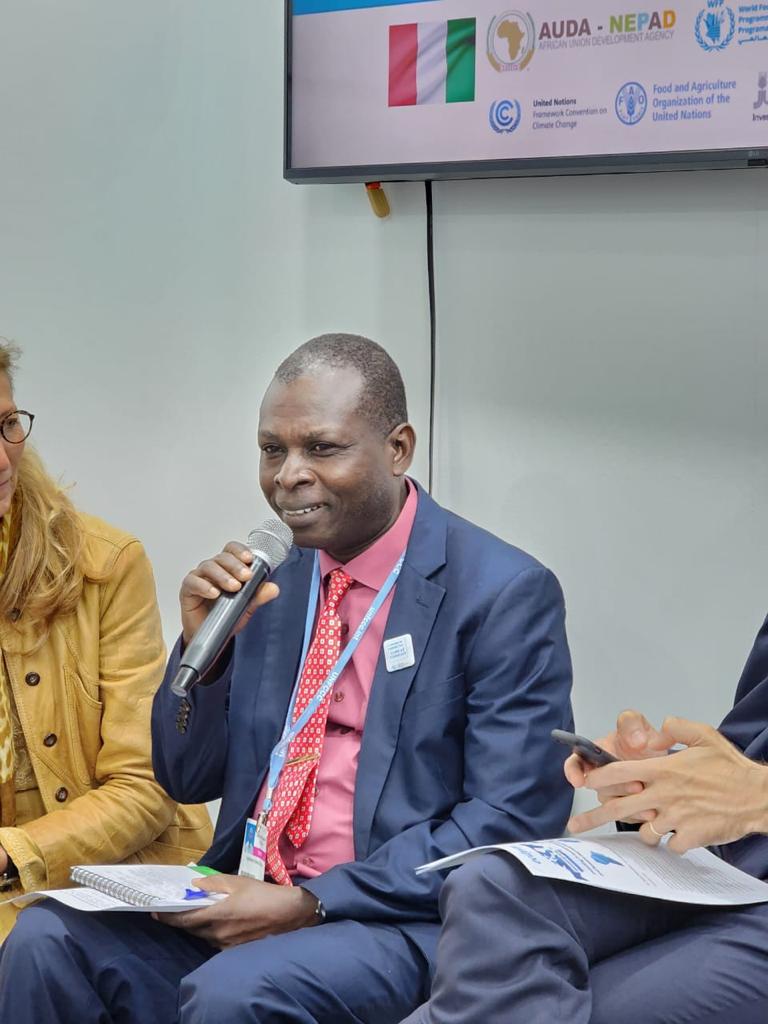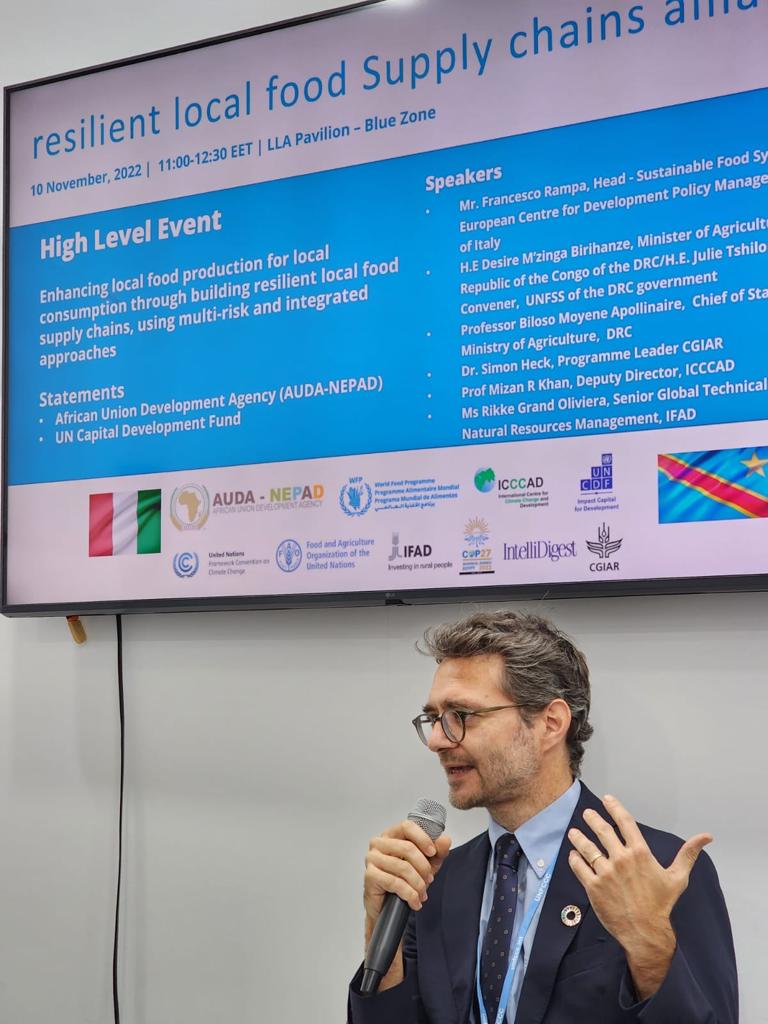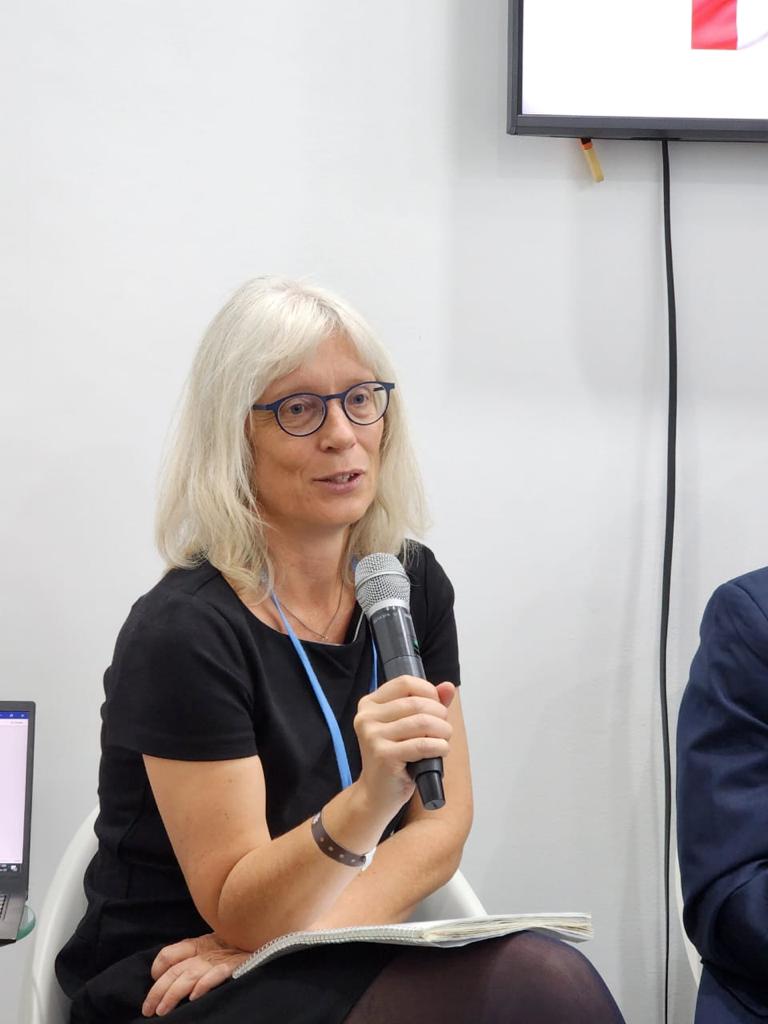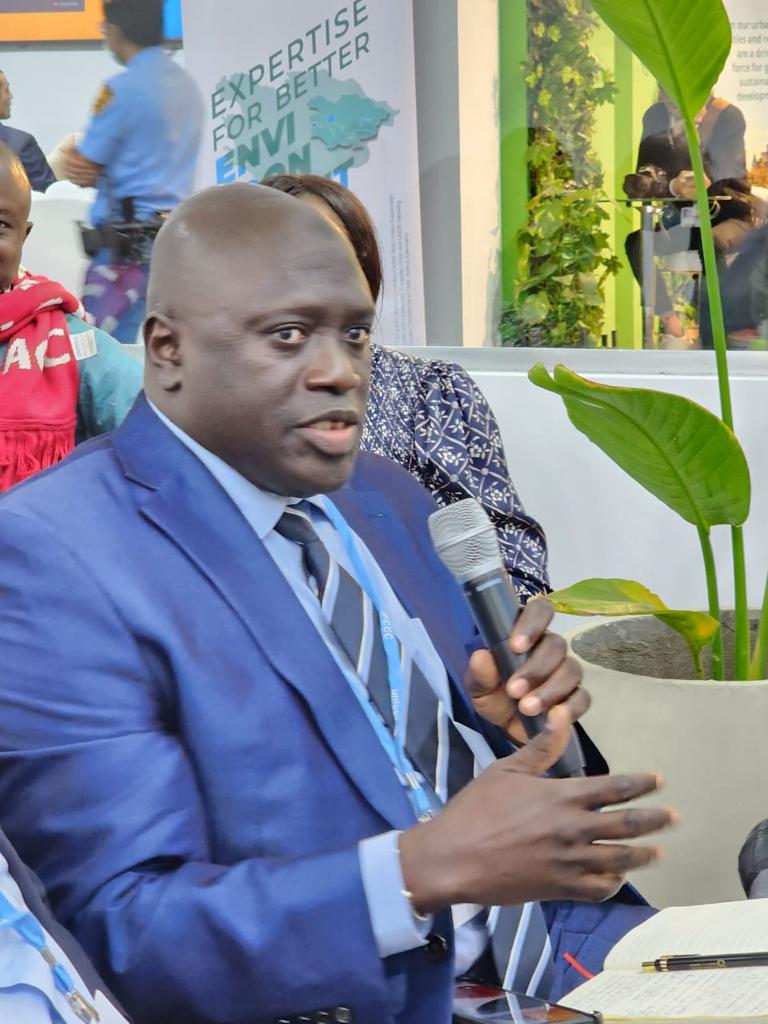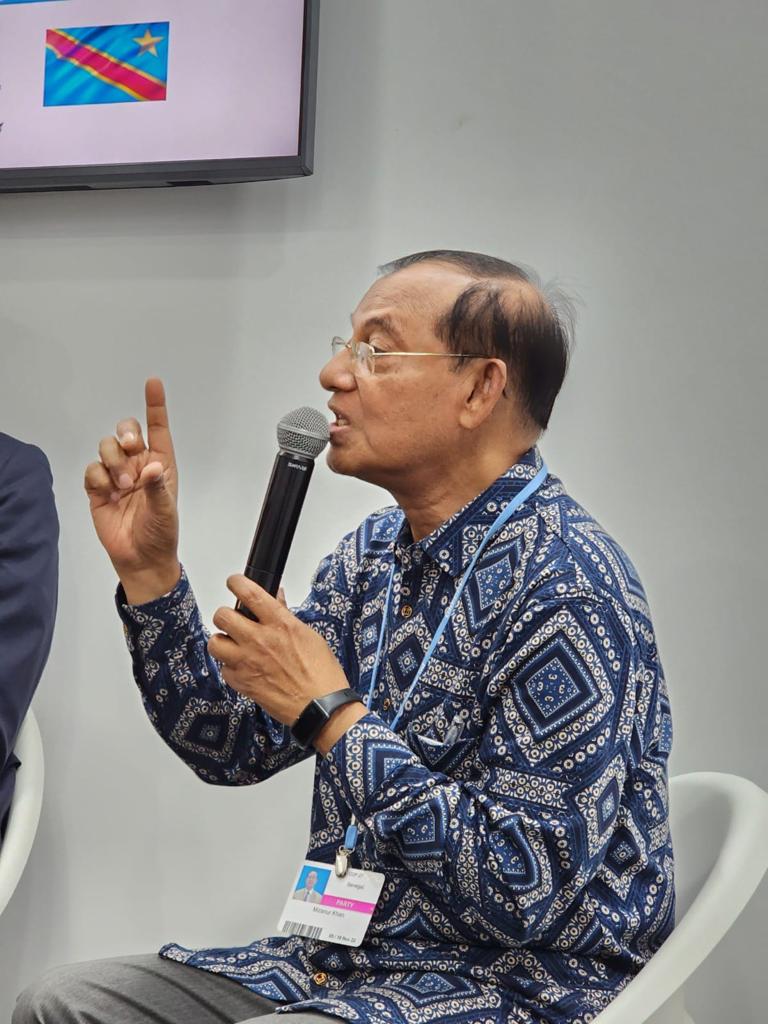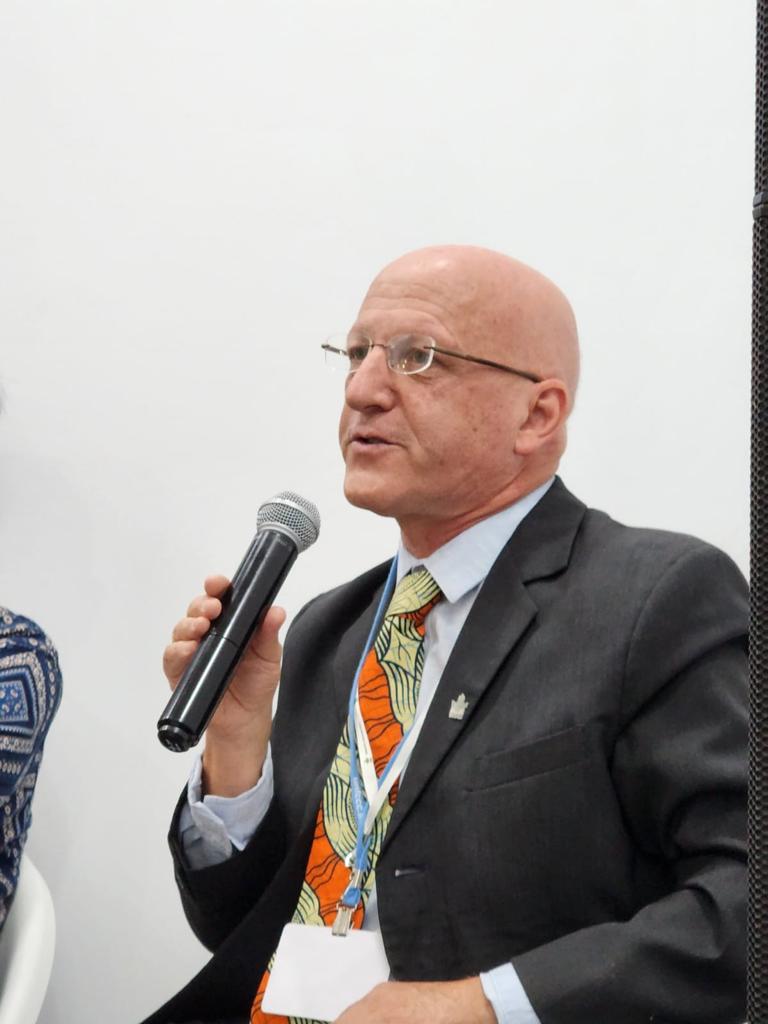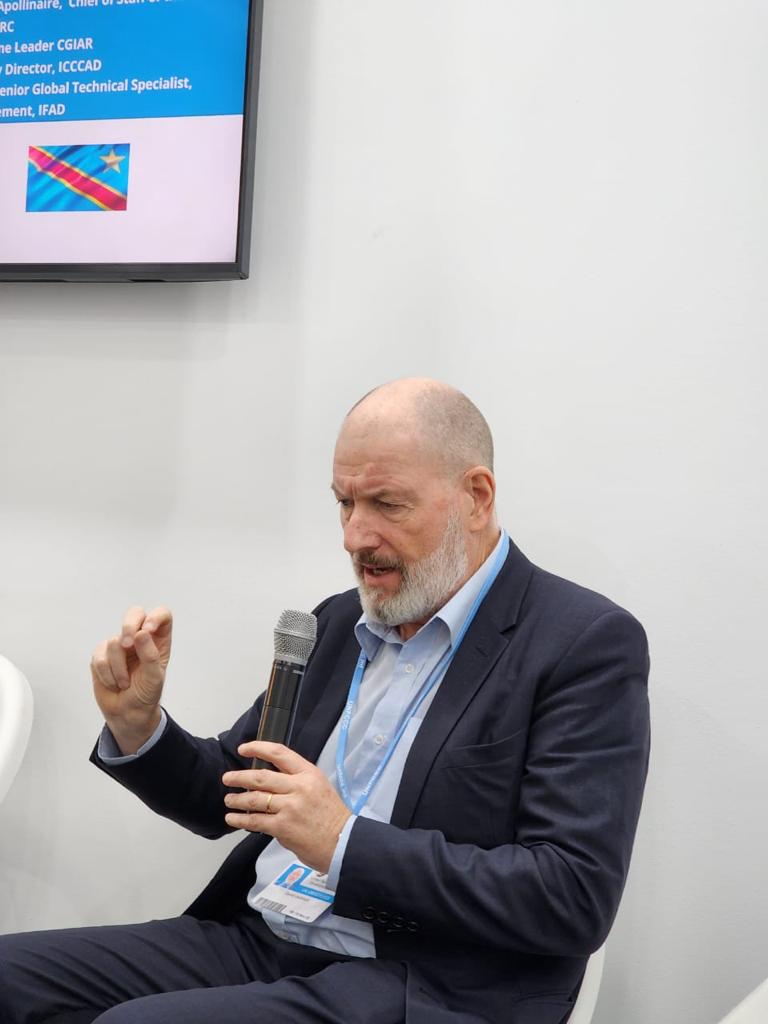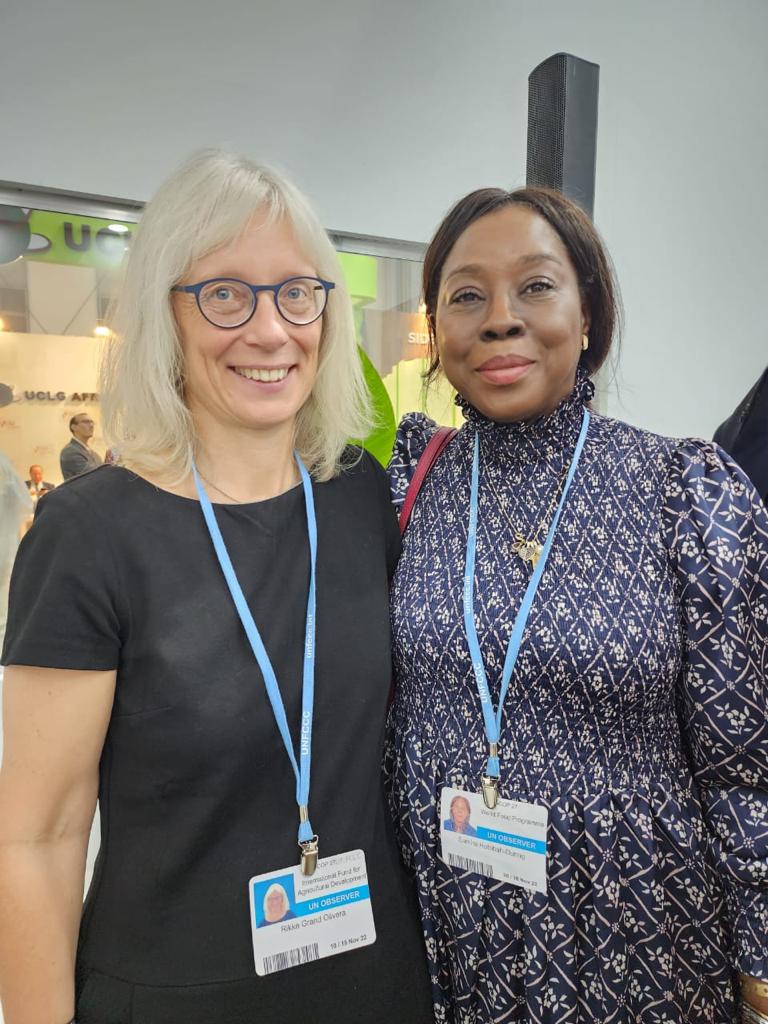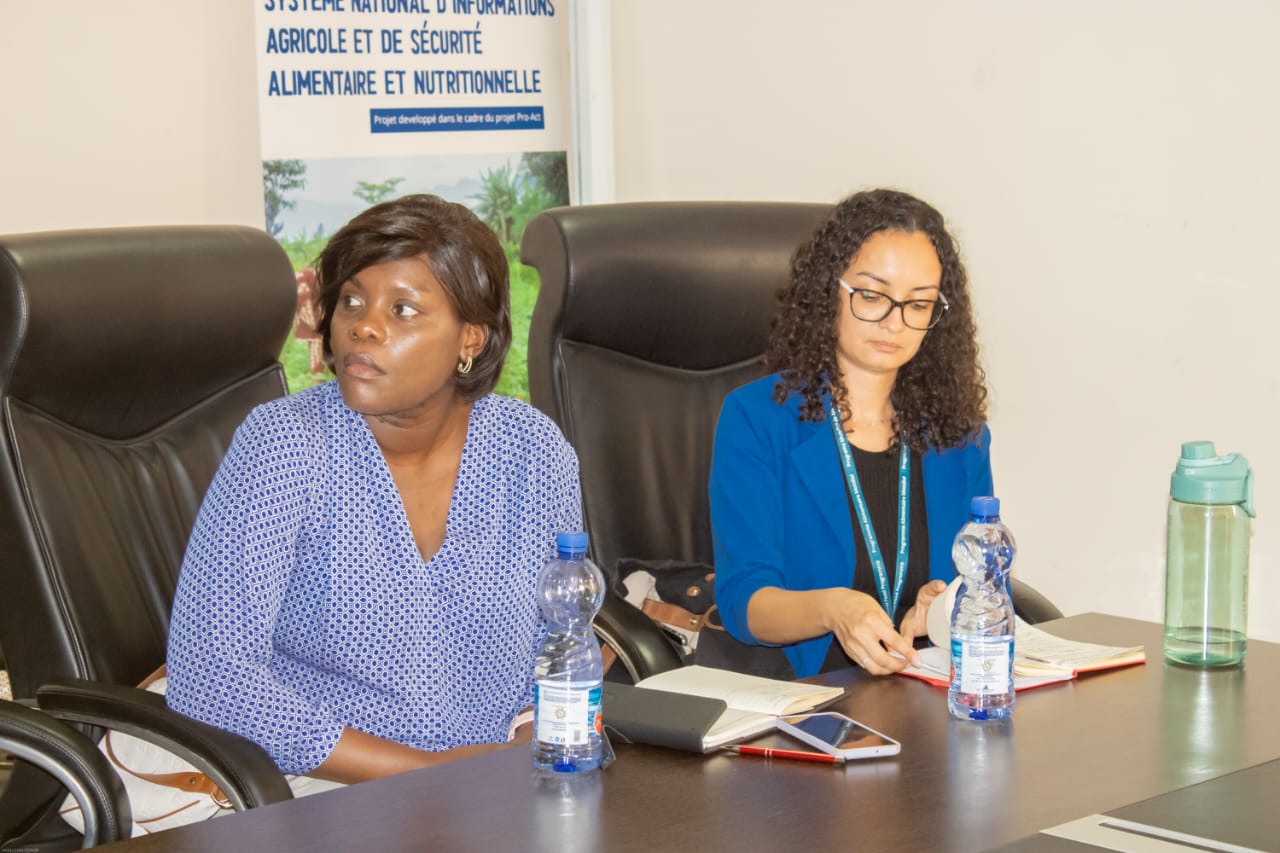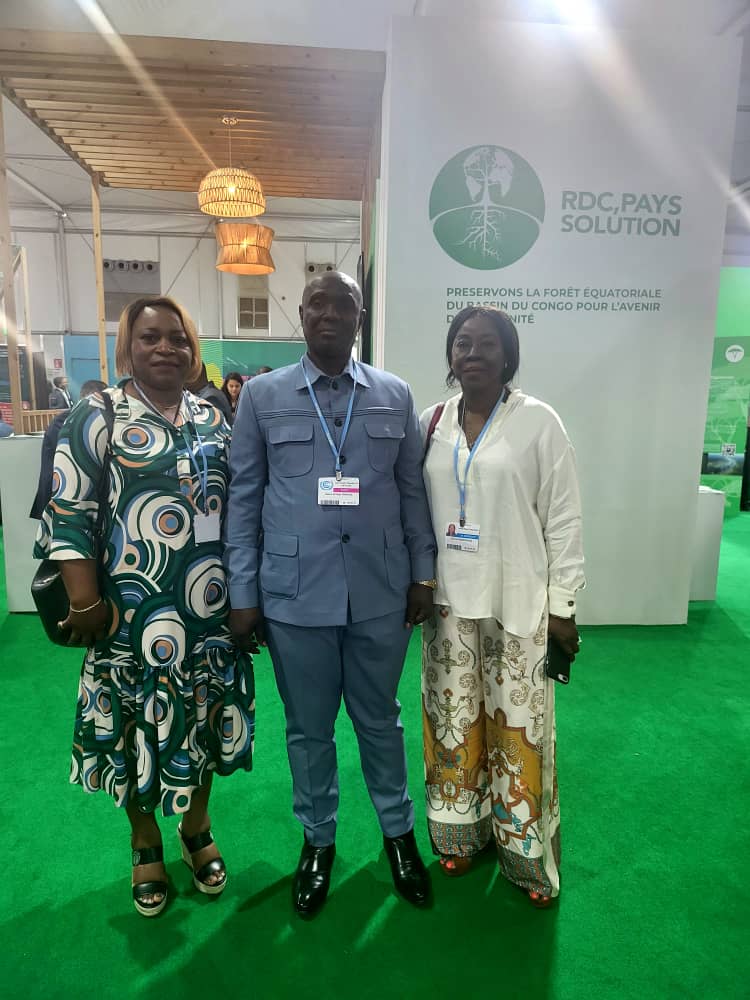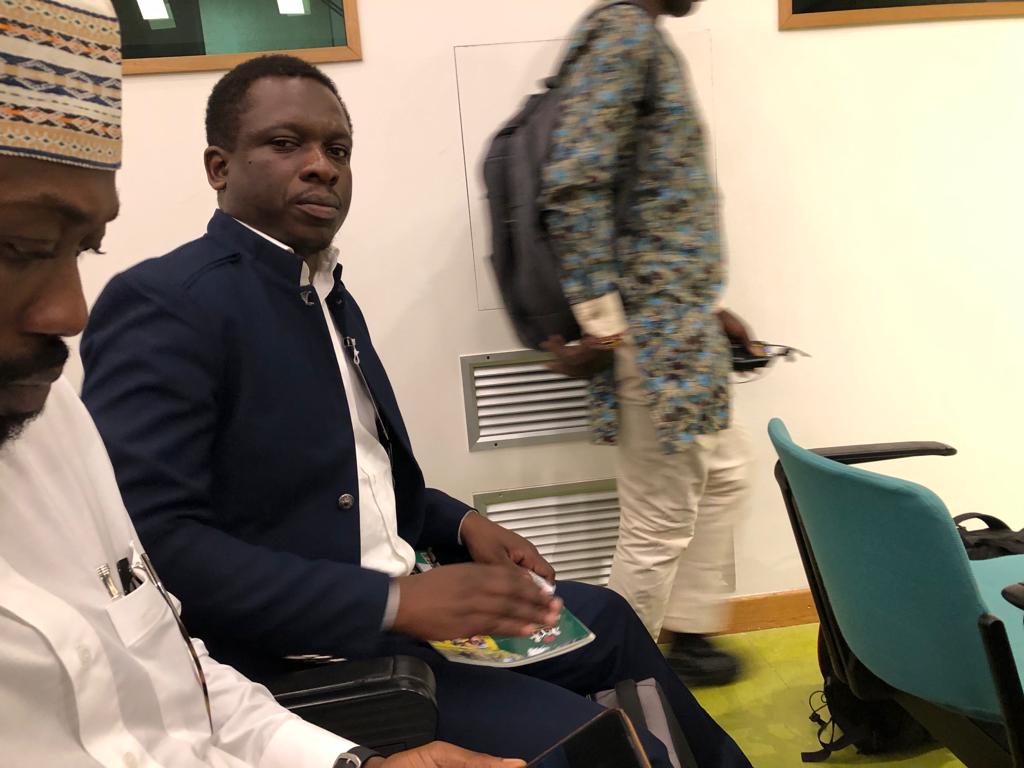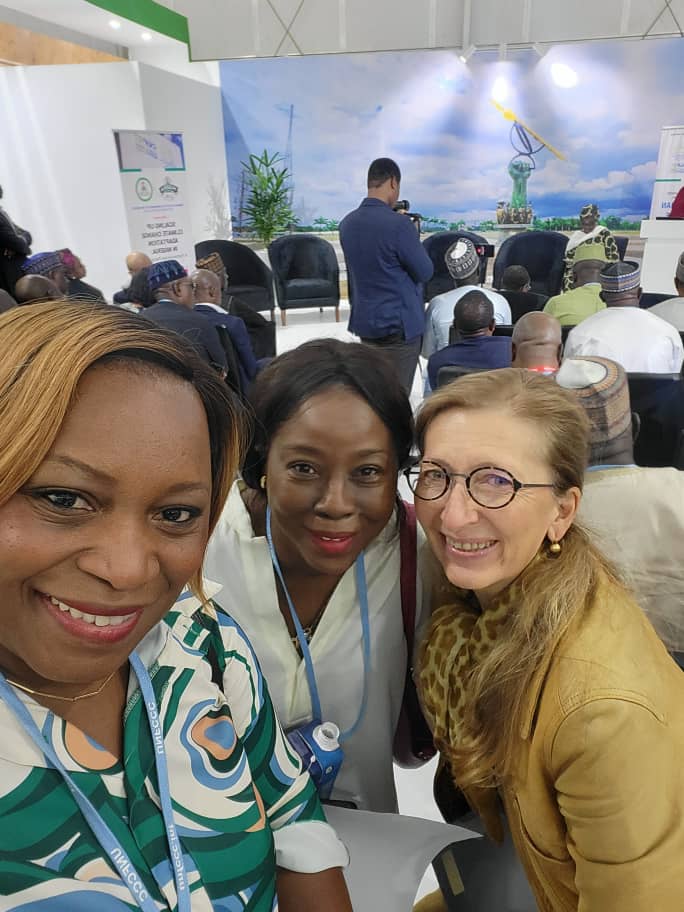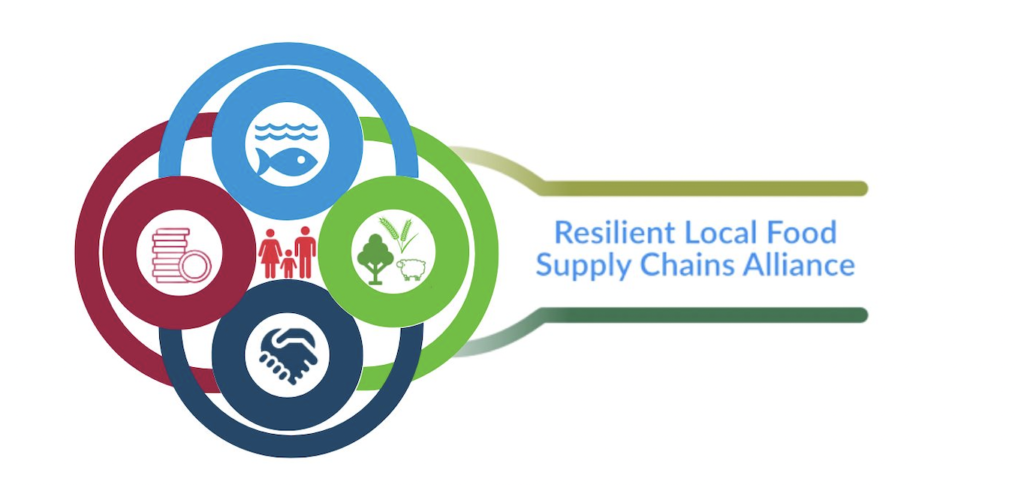
Building resilient local food supply chains is a foundational element of food systems transformation
About
The Resilient Local Food Supply Chains Alliance (The Alliance) is a multi-stakeholder community of partners that is country led. Its priority of local production for local consumption with a focus on building local food supply chains evolved from ‘game changing solutions’ submitted by state and non-state actors during the United Nations Food Systems Summit Process in 2020 and 2021. The Alliance emerged as one of the resilience coalitions out of this summit.
The COVID19 pandemic and reduced access to food which saw a doubling of food insecurity, reoriented countries’ focus and struck a chord globally, especially with African countries. In an effort to support building resilient local food supply chains, the Alliance works with countries and partners to galvanise their priorities and scale up solutions that will increase local production for local consumption to address their national food supply needs and protracted hunger crises.
Building resilient local food supply chains is more than just local production for local consumption. It involves policy choices that are inclusive, choosing integrated approaches, embodying good governance around food supply and most of all supporting the producers according to their local contexts, using tools to stimulate production, such as local procurement to support local farmers, especially small farmers and small businesses and addressing traditionally marginalised communities.
The subsequent crises of broken global supply chains brought on by the war in Ukraine which triggered the global food crisis, coupled with the energy crisis further exacerbated hunger levels.
Building resilient food supply chains from production to consumption, and increasing production of local, diverse, and nutritious foods while supporting vulnerable communities are foundational elements of the agri-food system.
Important Documents
UN Food Systems Summit 2021
Member Forum May 2022
Strategic Objectives: Four Focus Areas
Advocacy – At global, regional and national levels for the use of integrated approaches to build resilient local food supply chains, using its partners’ reach and influence as champions
Knowledge Sharing and Knowledge Management – Foster peer-to-peer exchange of best practices knowledge of technical expertise and provide experts and tools to sub-national/local, national and regional systems – leveraging partners’ knowledge and expertise as examples from different regions
Resource Mobilisation – Jointly with Alliance partners seek funding to enhance domestic financing and complement existing funding to support implementation, capacity building, oversight and reporting and other priorities identified by partners
Showcasing Innovation – Call upon partners with a range of backgrounds including scientific, academia, private sector, financing experts to provide studies and practical examples that can be used to showcase advances in research and technology, innovative financing, climate action for its members, especially for inclusion of marginalised groups and to advance countries’ priorities.
In Alignment with Sustainable Development Goals (SDGs)
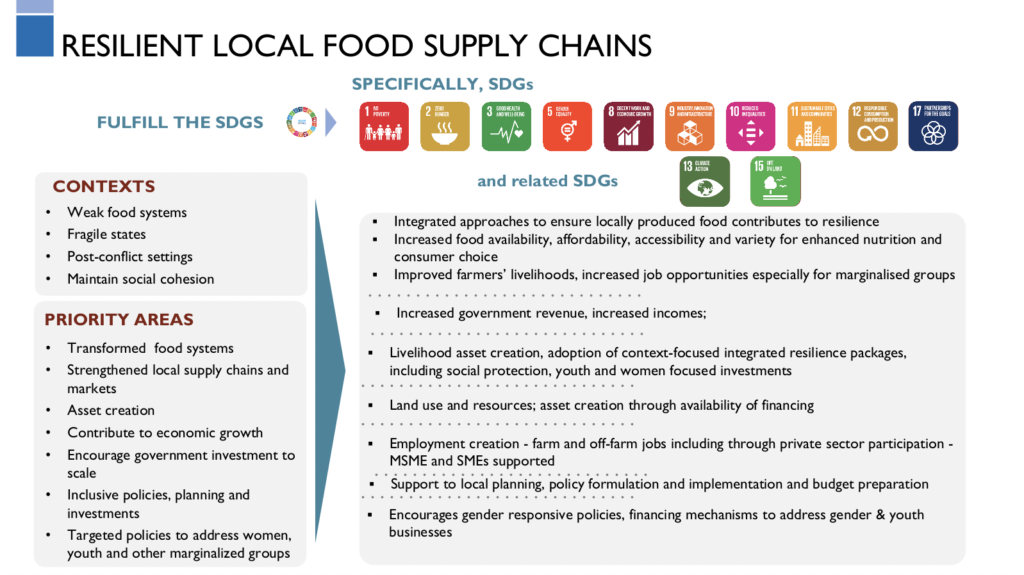
Who We Are
The RLFSCA governance structure is:
Members Forum – comprise of countries, research institutions, academia, private sector, youth groups, women’s groups, NGOs, indigenous people
Steering Group – Chair, the Democratic Republic of Congo (annual); Co-Chair, the Republic of Italy (annual)
Task Forces
- Research and Innovation
- Finance and Investment
- Knowledge Sharing/Exchange
- Short Value Chains
The Declaration of Commitment
Partners are requested to sign a Declaration of Commitment that will confirm their participation in the Alliance and commitment to its mission and objectives. This document is not legally binding but demonstrates a willingness to work together in partnership, to share successes, challenges and best practices and benefit from the activities of the Alliance.
The Secretariat
The Secretariat is hosted in the World Food Programme and located in the Resilience and Food Systems Service within the Programme Humanitarian Development Division. The Secretariat works with the Steering Group, convenes and manages meetings and oversees the day to day activities of the Alliance.
The Alliance Coordination Team (ACT)
The ACT supports the Secretariat work. The ACT is made up of the WFP, AUDA-NEPAD, UN Capital Development Fund (Co-Lead), the International Fund for Agricultural Development (IFAD), the UN Food and Agriculture Organization (FAO).
African Union Development Agency-NEPAD (AUDA-NEPAD)
The African Union Development Agency-NEPAD (AUDA-NEPAD) convenes, mobilises and facilitates participation in meetings of African Union member states that are partner countries and leading scoping missions to targeted partner countries.
Youth Engagement
Addressing the challenges and constraints that are faced when building resilient local food systems will be incomplete without placing young people at the centre of the conversation and action. The policies, strategies and funding in food systems need to address their needs, ensure and equip them with the tools, knowledge and finance to address the challenges and constraints. Young people are (and will be) the most affected by today’s great challenges – from pandemic to climate and biodiversity crisis to hunger and malnutrition – and will be responsible for finding and implementing solutions for the long-term economic, social and environmental consequences of these cascading crisis.
Their proactive participation is essential for knowledge sharing and developing national level actionable programs. Their voices should be amplified and they should be fully involved in the context specific solutions as approximately 50% of the world’s population is under 30. In Africa, that number rises to 60%.
Young people will have to live with the consequences of decisions made today, longer than anyone else. In this regard, their role is pivotal in decision-making and in ensuring systemic change for creating inclusive, resilient and sustainable food systems. Most importantly, they are the future. They need to be recognized as agents of change, not just passive recipients of assistance.
The Youth Dialogue Series aims to build on the momentum of the UN Food Systems Summit, where in 2021 young people around the world leveraged the event to identify critical priorities for youth participation in food systems transformation, outlining commitments that will be required to deepen youth participation and call for leadership by governments in food system transformation. The Dialogue Series aim to provide youth groups and young leaders the chance to add their voices, participate, complement, enhance and suggest aspirations and solutions for resilient local food supply chains.
Key Objectives of The Youth Dialogue Series:
- Explore the role of young people in local food supply chains/local food systems in alignment with the ‘identified’ key priorities of the Resilient Local Food Supply Chains Alliance.
- Share examples of successful good practices and successful experiences of youth engagement in resilient local food systems and demonstrate how young people can raise their incomes through involvement as entrepreneurs in agriculture and food supply.
- Focus on finding practical solutions and concrete examples, linked to ways to scale up successful actions on the ground and empower them to take action in their local communities.
Knowledge Exchange
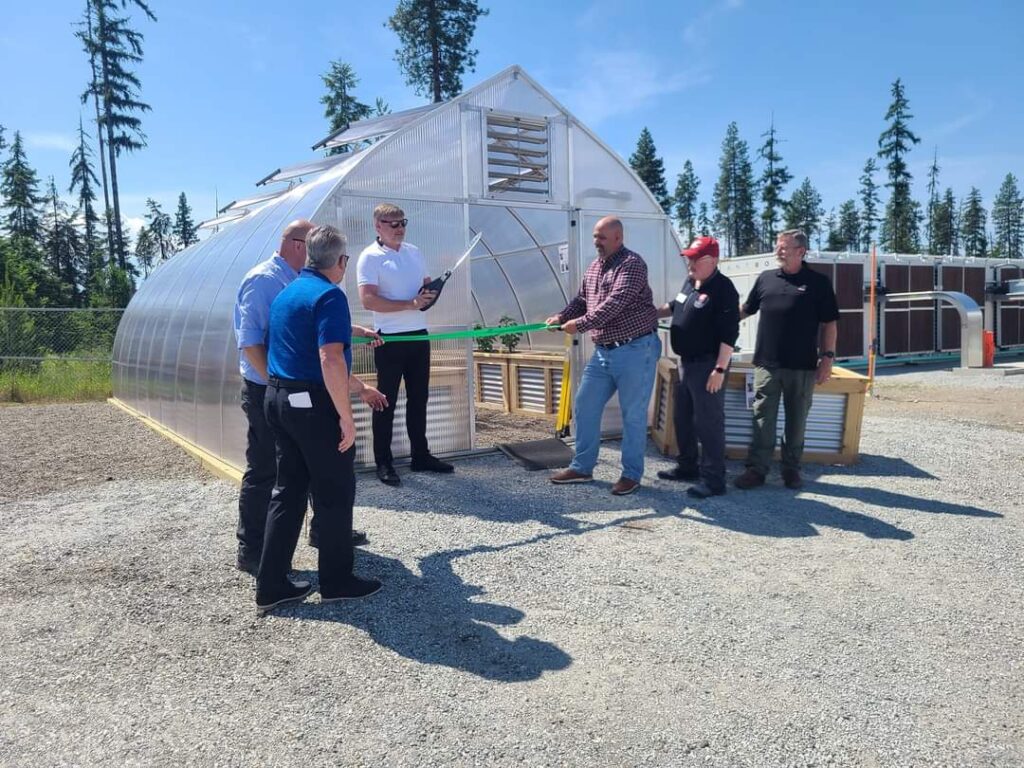
Alliance Activities
Upcoming Events
- November 30 – December 12, 2023: The Alliance at COP28, 2023 United Nations Climate Change Conference (Dubai, United Arab Emirates)
Past Events
- September 5-8, 2023: Africa Food Systems Summit (Dar Es Salaam, Tanzania / Virtual)
- July 24-26, 2023: The Stocktaking Moment of the UN Food Systems Summit (Rome, Italy)
- March 2023: Strategic Planning Retreat & Field Visit
- April 2023: Scoping Mission to the Democratic Republic to the Congo
- November 6-18, 2022: The Alliance at COP27, United Nations Climate Change Conference
- Alliance at COP27 (English)
- Alliance at COP27 (Français)
- Flyer
- Photo Gallery
Articles & Other Resources
Contact us
Samira Hotobah-During | Focal Point for the Alliance
Partners and Supporting Countries
